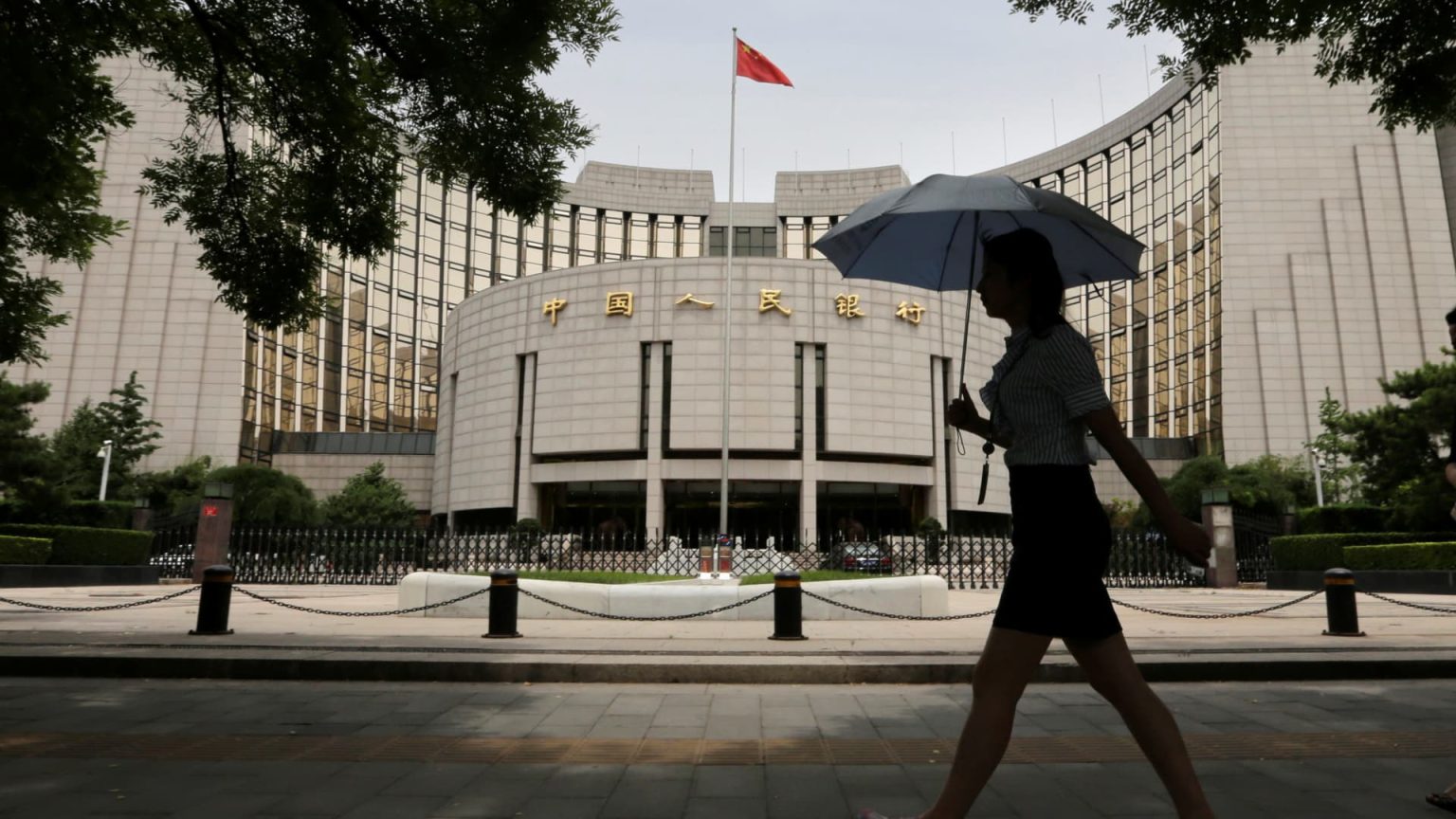The U.S. Federal Reserve is expected to start easing its interest rates, which could have a positive impact on Chinese stocks. Analysts at HSBC believe that growth sectors in the Chinese markets may see a rerating, with growth outperforming value by 44 percentage points. Earnings growth is seen as the key driver for this potential outperformance, particularly in sectors such as semiconductors and consumer electronics. High U.S. interest rates have made it easier for global institutions to invest in U.S. Treasurys over Chinese stocks, but this trend may shift with the expected easing cycle.
While easier monetary policy may benefit Chinese stocks, some global investors believe that more than just lower rates are needed to make Chinese equities truly attractive. Business fundamentals and macroeconomic conditions are seen as important factors driving global investors’ allocation decisions in the Chinese equity market. Chinese stock valuations have not positively correlated with U.S. Treasury yields in 2024, indicating the need for a fundamental catalyst. Despite attractively priced Chinese equities, a lack of catalysts such as earnings growth and deflationary pressures in the wider economy are ongoing concerns.
Hesitant capital spending has been observed among Chinese businesses, with capital expenditures falling by 4% in the first half of the year, the slowest since 2017. While second-quarter earnings improved from the first quarter, certain sectors like industrials and renewables experienced declines in capital expenditures. Internet, consumer, and auto companies reported relatively better results and earnings forecasts, with UBS expecting MSCI China earnings per share to grow by 7% this year. The People’s Bank of China Governor has acknowledged that U.S. Fed easing could create room for further interest rate cuts in China.
In response to potential U.S. Fed easing, Beijing is also issuing ultra-long bonds as a fiscal measure. HSBC analysts believe that China’s equity markets could benefit from lower borrowing costs and reduced currency pressures, especially if the U.S. economy avoids recession during the Fed rate cut cycle. An analysis by HSBC indicates that certain Chinese indices could generate average returns in the 12 months following the Fed’s first rate cut. A screen conducted by HSBC identified Chinese stocks with high debt-to-asset ratios and expected revenue growth of more than 10% as potential beneficiaries of lower borrowing costs, including companies like Muyuan Foods, China Southern Airlines, and Hengli Petrochemical. These stocks are seen as potential winners in the current economic climate.













